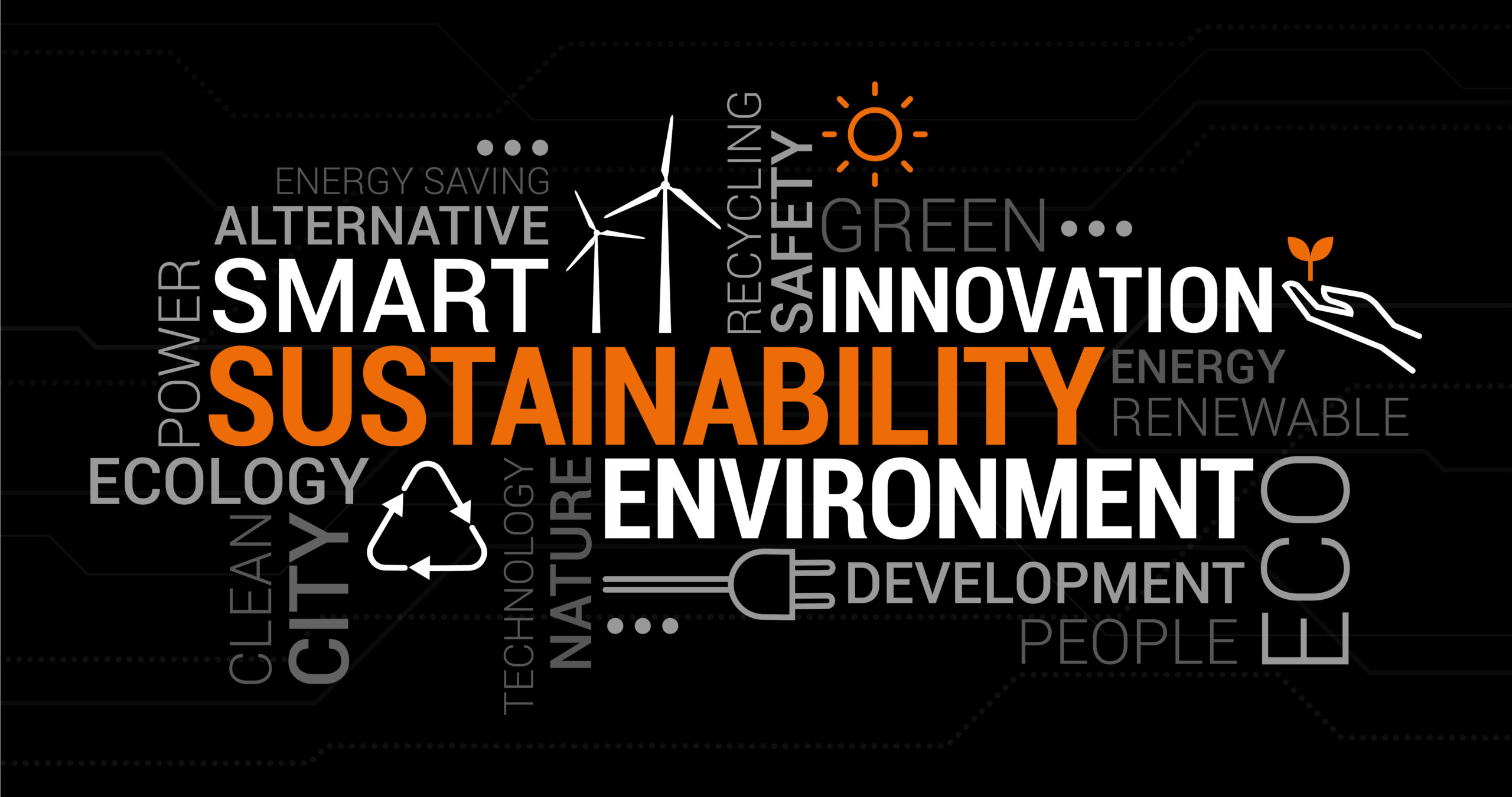


Our commitment to operating sustainably has achieved real change but the drive to reduce environmental impact continues apace – as CDI World’s new role of Global Sustainability Ambassador shows.
The design and build sectors we operate in have traditionally been materials and energy intensive, albeit on a smaller scale than many industries. Not so long ago, creating temporary structures for events and exhibitions, for example, used to be viewed as almost inherently wasteful – something that was unavoidable.
How times and perceptions have changed! Today much of the world expects the environment to be a central concern in almost any endeavour that uses finite resources. And as a truly global business, we have made this expectation an operational pillar. (See our group sustainability practices here). More than virtuous words, it’s a commitment that we tackle with practical determination.
The biggest challenge of sustainability is its scope – by touching on so many aspects it can become overwhelming and diffused. That’s why we created the new role of Global Sustainability Ambassador. This individual will champion and oversee CDI World’s progress in continuing to reduce negative environmental impacts, not only in our project work, using concepts such as circular design, but in our day-to-day operations.
One of our most important strategies is the development of best practice that enhances positive environmental impacts and reduces negative ones. This starts with the everyday basics, such as specifying low-energy office equipment, and even extends to our work commutes, with staff encouraged to use public transport or cycle. The company car fleet is also being evolved to pure electric.
Every project we undertake is subject to a Sustainability Checklist that covers seven key areas:
Green venues
We aim to work with venues that have solid sustainability credentials. For example, we look for environmentally aware staff, robust onsite waste management, and low-energy lighting. Where these are not available, we actively support venues to help them reduce environmental impact.
Supply chain
Good partnership both upstream and downstream is
vital
and all delivery teams and suppliers must commit to our clearly-stated sustainability and environmental objectives. Every purchase
decision we make takes into account environmental
impact
as well as social and economic factors.
Materials
CDI World follows the 5Rs: Refuse, Reduce, Reuse, Repurpose, Recycle. New materials come from certified sustainable sources and we prioritise reuse post-event. We design exhibits using standard sizes, enabling hire of multiple-use items. All materials not returned to rental stock have a clear reuse or recycling route.
Digital First
Traditional event collateral, such as vinyl banners and signage, are not easily recyclable. Printed literature also has negative environmental impacts. We pursue digital alternatives using LED screens and mobile apps. Techniques like 3D projection mapping plus dramatic energy efficient lighting can create experiences that are both immersive and sustainable. Digital First solutions also provide reliable metrics to gauge ROI.
Food waste
This is a huge but often overlooked environmental concern. At the 2018 FIFA World Cup, Food & Beverage alone generated 105,695 tonnes of CO2e – equivalent to burning 53 million kilograms of coal. Aside from the energy and water required to produce it, food sent to landfill releases the greenhouse gas methane. By choosing plated menus rather than buffets and through better quantity control, food wastage and costs can be greatly reduced.
Travel and vehicles
We use vehicles with optimal fuel economy, minimal emissions and under five years old. To reduce travel distances, we select local suppliers and crew wherever possible and partner with a single transport provider to ensure efficiency in scheduling and use of vehicles. We also engage freight consolidation hubs to further reduce environmental impact.
Format Flexibility
The environmental toll of travelling to conferences, particularly overseas, is impossible to ignore. At the same time, virtual attendance options are now well-established. Even with the welcome return of in-person events, CDI World will continue to offer virtual and hybrid options, recommending the event format that will best meet the desired outcome with the lowest carbon footprint.
Checklists are useful aircraft-style tools for ensuring sustainability remains top-of-mind. However, we believe the true sustainability of an event can only be achieved from accurate post-event measurement of emissions and impact. This is probably the largest area for improvement across our sector.
For the execution of live events, CDI World applies the principles behind the ‘measurement and monitoring’ element of ISO 20121 to the design, planning, delivery and close-down phases. We use customised software to provide robust reporting, adhering to Global Reporting Initiative (GRI) standards and so preparing the ground for the introduction of certified sustainable events.
Continuous evaluation of our performance against published targets, including the carbon baseline for each project, provides us with the hard information we need to identify opportunities for improvement. In this way we will play our part in achieving a sustainable, carbon neutral future for one of the world’s most dynamic and exciting industries.
If you would like to get in touch and start a conversation, please email me, Mathew Hance direct mathew.hance@cdi-world.com
Talk to us today to find out how we can support you with your exhibit or event, ensuring a memorable and impactful brand experience.
Contact Us